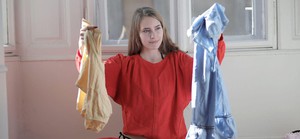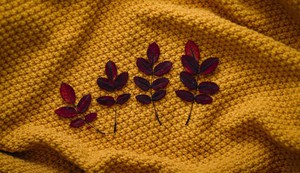- Clothes
- Bags
- Accessories
-
Inspiration
- Shoes
Does “Made in Italy” Mean High Quality & Sustainable?

Ahhhh, Italy. The land of dolce vita, slow living, and style.
No wonder, for decades, “made in Italy” has been synonymous with quality and craftsmanship.
But is that still the case when it comes to fashion? And are “made in Italy” clothes always of superior quality and produced ethically?
Unfortunately, that’s not a given.
The reality is often different and even… darker!
The truth behind some “made in Italy” labels
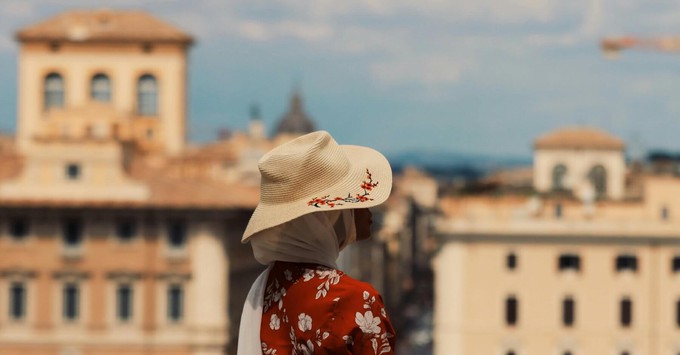
First of all, “made in Italy” clothes aren’t always made in Italy
“Wait, what?!”
Crazy, we know!
According to EU regulations, you can label a place as an item’s country of origin if the final production process was carried out there.
So, many dodgy fast fashion companies outsource to cheaper factories in China and faraway developing countries, but then they do the “last stitch” in Italy just so they can use a “made in Italy” label.
And that means:
- The materials and most of the work are not actually made in Italy
- If that company isn’t transparent about its supply chain, you don’t know how they were made. In fact, your “made in Italy” clothes could come from a sweatshop in China or Bangladesh!
Even when they are made in Italy, it doesn’t mean they’re sweatshop-free
“Surely, a garment that’s actually made in Italy is more ethical than one made in China!”
Not necessarily.
To give you some context: a lot of Italian clothes are produced in Prato, Tuscany.
Since the 1990s, it’s been an epicentre of Chinese immigration, and that unfortunately includes plenty of illegal immigration and even human trafficking.
Many factory buildings in Prato (and beyond) are rented out to Chinese entrepreneurs who source cheap fabrics from China, evade taxes, violate health & safety regulations, and keep their workers trapped in modern slavery conditions.
These people are often working 12-hour shifts during weekends too… and for as little as 30 euro a day!
A garment worker in Florence even said that, once the factory closed, the owner would lock the door and only open it in the morning.
How’s that better than faraway sweatshops?!
It isn’t. So, many people started protesting after 7 Chinese workers died in the fire that destroyed the Teresa Moda factory in 2013 (the same year as the Rana Plaza disaster).
Then, between 2014 and 2017 alone, thousands of factory inspections showed that 93% of those businesses were committing violations, like exposed wiring and illegal dormitories.
Unfortunately, the situation isn’t much better today: it’s easy for these companies to evade controls or just close down and reopen under a different name and premise.
This can include luxury “made in Italy” brands, too
“But surely, if a garment was made in Italy and costs a lot of money, it was made ethically?”
I can see why you’d think that, but unfortunately, that’s also NOT a given.
Those sweatshop-style fabrics are used by Italian fast fashion brands and luxury ones alike, such as Gucci and Dolce & Gabbana.
Or take Loro Piana. It’s an Italian brand that sells €9000 sweaters but sources its wool from exploited and even unpaid farmers in Peru.
“Made in Italy” has nothing to do with the sustainability of those clothes
First of all, as you now know, some “made in Italy” clothes consist of cheap fabrics imported from China or developing countries, or they were even mostly produced there.
But regardless of where those materials come from: “made in Italy” doesn’t necessarily mean “sustainable”.
Once again, that includes both fast fashion and luxury clothes.
For example, have a browse on the online stores of the most popular and expensive Italian fashion brands. You’ll find plenty of garments made with polyester and traditional cotton, some of the WORST fabrics for the environment!
So, is made in Italy high-quality, ethical, and sustainable?
Unfortunately, just because some fashion garments were made in Italy, it doesn’t automatically mean they’re high-quality and sustainable.
So, you should treat “made in Italy” clothes in the same way you’d treat any other fashion brand: if you want to support ethical ones, you must look for transparency.
How to support ethical and authentic “made in Italy” fashion brands
From now on, go beyond that shiny “made in Italy” tag! Look at that brand’s website and find the answers to these questions:
- Who made those clothes (and where)? – If a brand has nothing to hide, they should be transparent about their supply chain
- Were they made ethically? – Not everyone is trying to be cheeky and dishonest. For example, some sustainable Italian brands and designers must outsource parts of their supply chain because… otherwise, they wouldn’t make enough money to keep trading! So, some of them might buy cheaper fabrics abroad but actually make the products themselves in Italy. Either way, find out if these brands partner with trusted suppliers and monitor their factories
- Can they prove this? – Some brands go the extra mile by getting third-party certifications (although not all of them can afford to) or by partnering with companies like Retraced, Fairly Made, and Tex.Tracer
Finding sustainable made-in-Italy fashion brands on Project Cece
We know it’s tricky to find the right ethical clothes when these companies are scattered all over the web.
So, at Project Cece, we brought hundreds of fair trade brands in one place and added filters to narrow down your choices. That includes some made in Italy fashion brands, too.
So, to find them, select ‘Italy’ in the Store Location filter and read the description to learn more about their story and supply chain.
Unfortunately, the “made in Italy” label is no longer a guarantee, but now you have the tools to look beyond it.
Share our story
Related articles
How to Buy Sustainable Clothes: 6 Questions Before a Purchase
It goes beyond finding eco-friendly garments! Here’s how to buy sustainable clothing through 6 questions, from mindset to your wardrobe and how you use it.
Are Luxury Brands Sustainable? €1k Tags Don’t Guarantee It!
We were shocked too, but luxury brands aren’t automatically sustainable just because their garments cost more than fast fashion. Here’s why.
What Are the Most Sustainable Fabrics? Oh, Sew Eco-Friendly!
‘Natural’ doesn’t always = ‘eco-friendly’! So, here’s a simple list of the most sustainable fabrics, why they’re good for the planet, and how to find them.
Project Cece is a platform that collects ethical fashion from vetted brands and shops in one place. Browse ethical fashion for women and men and find items that fit your style, budget and values!
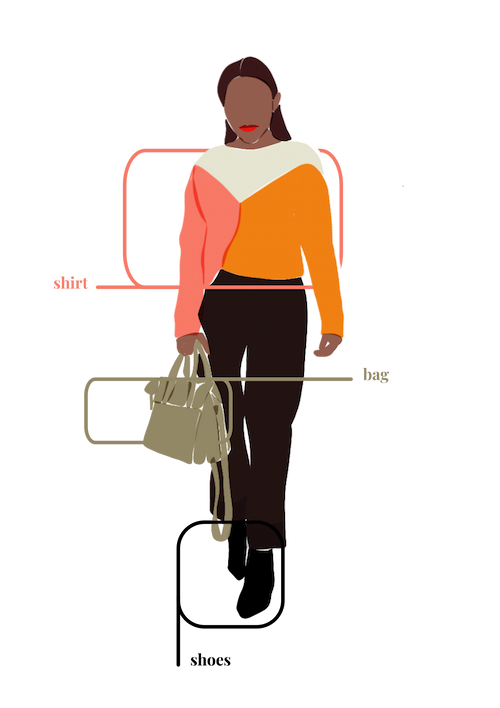
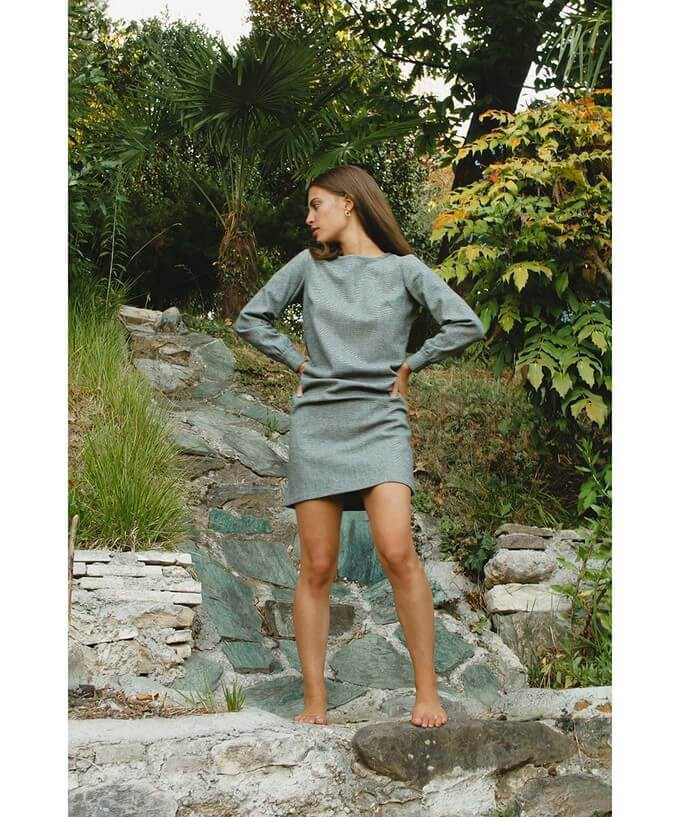
_large.png)
